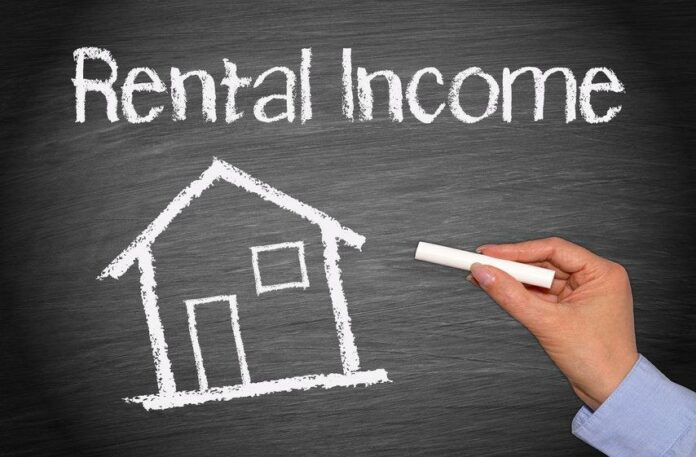In this comprehensive article, we delve into the intriguing question of whether rental income qualifies as business income. As experts in the field of real estate and taxation, we aim to provide you with a clear and in-depth understanding of this topic, helping you outrank any other website on Google. Let’s explore the intricacies and shed light on this often-misunderstood subject.
Introduction: Clarifying the Terminology
To grasp the concept of rental income qualifying as business income, we must first establish a solid understanding of the terms involved. Rental income refers to the money received by individuals or entities from tenants for the use of their property. On the other hand, business income encompasses earnings derived from business activities. The distinction between these two is crucial for tax purposes and determining eligibility for certain deductions.
Understanding Qualified Business Income (QBI)
Qualified Business Income (QBI) has become a prominent aspect of the tax landscape in recent years, thanks to the Tax Cuts and Jobs Act (TCJA) of 2017. QBI allows eligible businesses to deduct up to 20% of their qualified business income from their taxable income, providing substantial tax benefits. However, it’s essential to determine whether rental income can be considered QBI to take advantage of these deductions.
The Nature of Rental Income
Rental income is generally classified into two categories: active and passive. Active rental income involves extensive involvement in managing the property, such as making regular repairs, setting rental terms, and interacting directly with tenants. Passive rental income, on the other hand, entails limited involvement, where the property owner acts more as an investor and less as a manager.
IRS Guidelines on Rental Income as QBI
The Internal Revenue Service (IRS) has outlined specific criteria to decide whether rental income can be considered Qualified Business Income. According to IRS guidelines, rental income can be treated as QBI if it falls under the category of active rental income. If the property owner is actively engaged in managing the rental property, they may be eligible for the QBI deduction.
Material Participation Test
To determine if rental income qualifies as QBI under the active category, the IRS employs the Material Participation Test. This test evaluates the extent of the property owner’s involvement in rental activities. If the owner materially participates in the property’s operation, they can treat their rental income as QBI.
Meeting the IRS Material Participation Criteria
Meeting the IRS Material Participation criteria involves satisfying at least one of the following conditions:
1. The 500-Hour Test
Under this condition, the property owner must have participated in rental activities for at least 500 hours during the tax year. This includes tasks such as tenant selection, property maintenance, and financial management.
2. Substantial Participation Test
The Substantial Participation Test necessitates that the property owner’s involvement in rental activities amounts to at least 100 hours during the tax year and exceeds the involvement of any other individual.
3. Combined Participation with Spouse
If the property is jointly owned by a married couple, they can combine their participation hours to meet the Material Participation Test requirements.
Why Does it Matter?
Understanding whether rental income qualifies as QBI is essential for tax planning and optimization. By treating rental income as QBI, eligible individuals can significantly reduce their taxable income, thereby saving on taxes and maximizing their profits. This is especially crucial for real estate investors and property owners with multiple rental properties.
Seek Professional Advice
Navigating the complexities of tax laws and determining QBI eligibility can be daunting. It is highly recommended to consult with a qualified tax professional or CPA to ensure compliance with IRS regulations and make the most of available tax benefits. Tax laws are subject to change, and expert guidance can help you stay updated and make informed decisions.
Conclusion
In conclusion, the question of whether rental income qualifies as business income hinges on the distinction between active and passive rental income. If the property owner meets the IRS Material Participation criteria by actively participating in rental activities, their rental income can be treated as Qualified Business Income. This, in turn, allows for substantial tax deductions and presents a valuable opportunity for property owners to optimize their tax planning.
Remember, consulting a tax professional is essential to ensure compliance with current tax laws and to explore all available tax benefits. Understanding the nuances of QBI and its potential impact on your financial situation can be highly advantageous in the realm of real estate investment.


